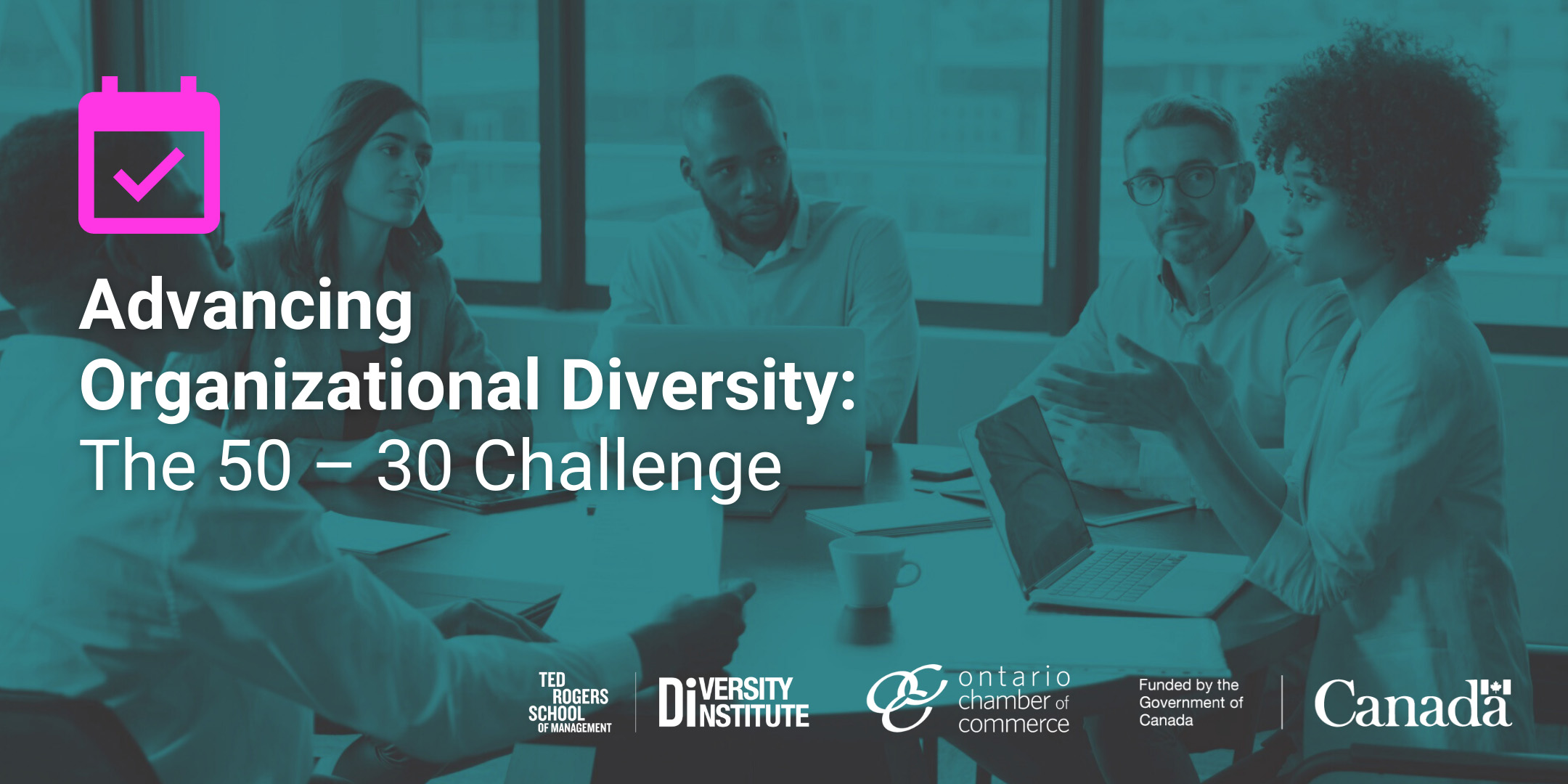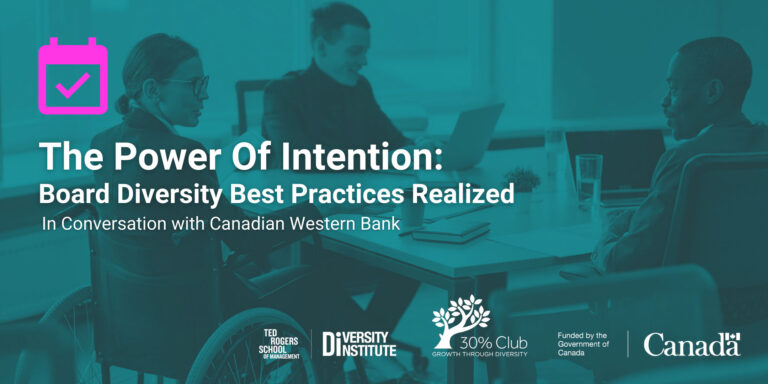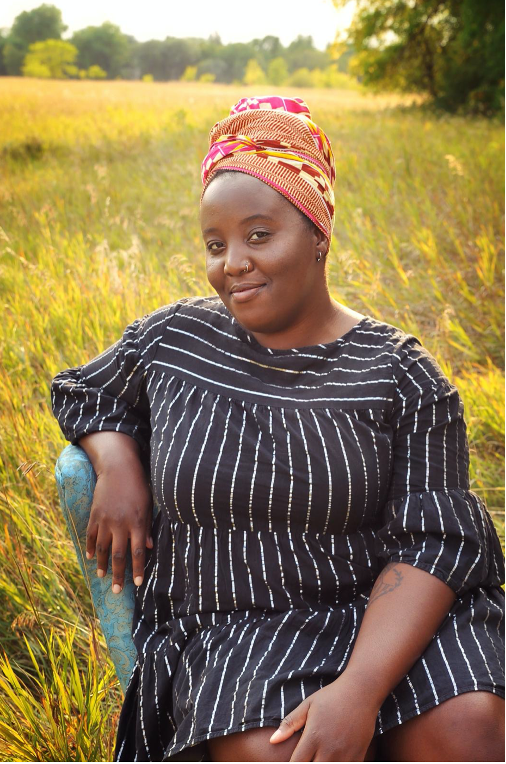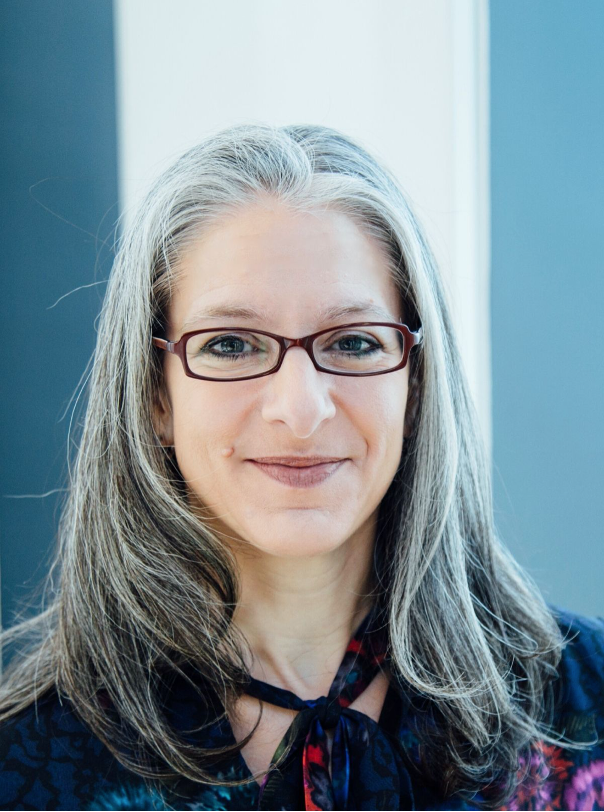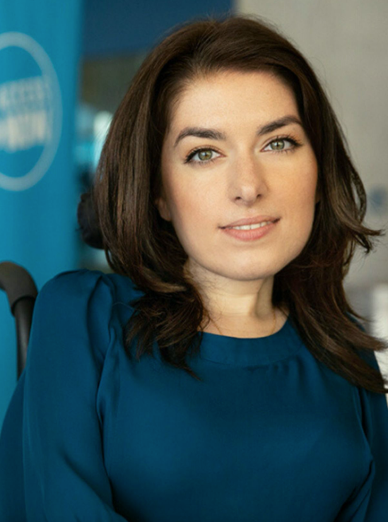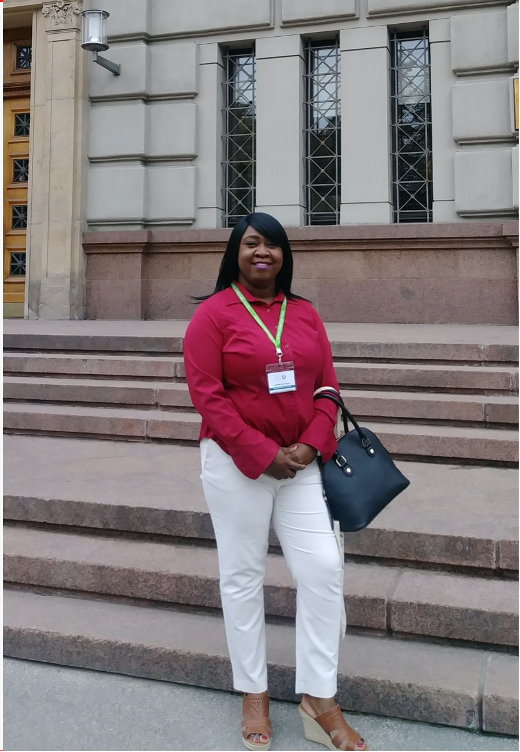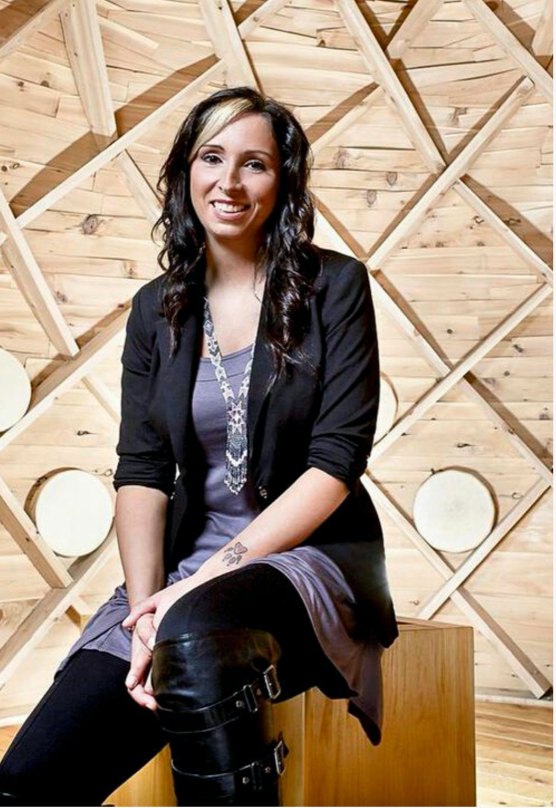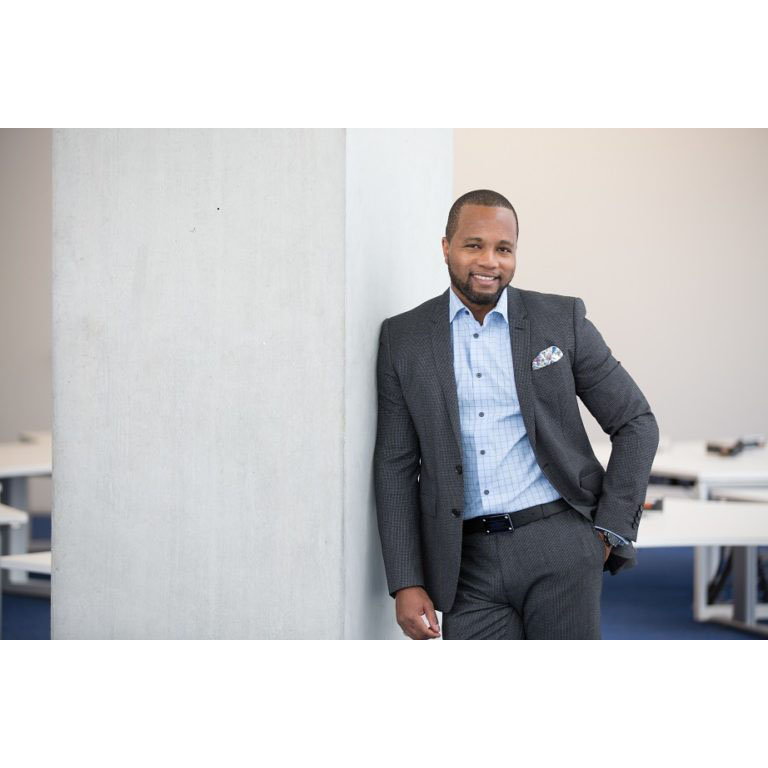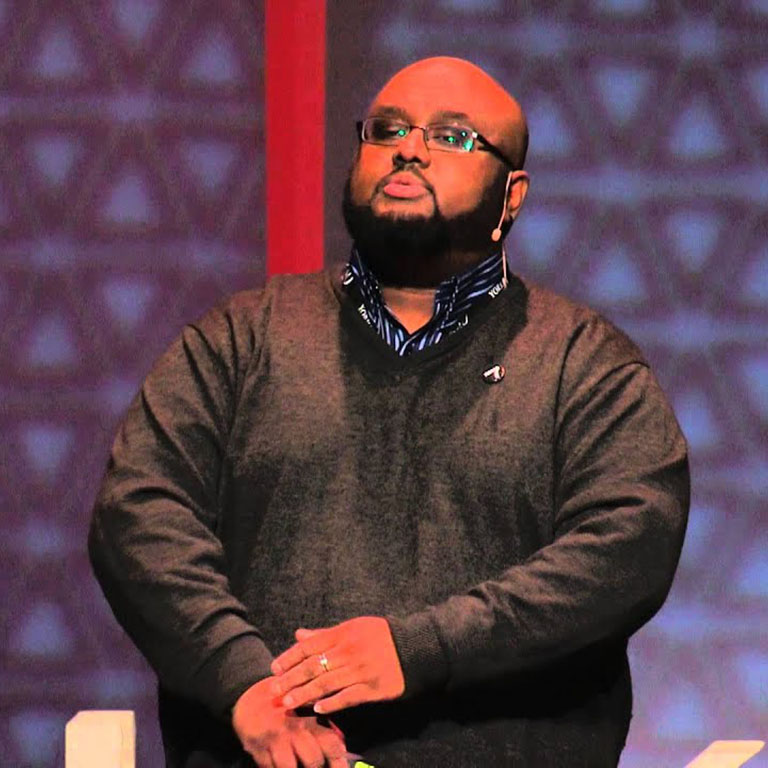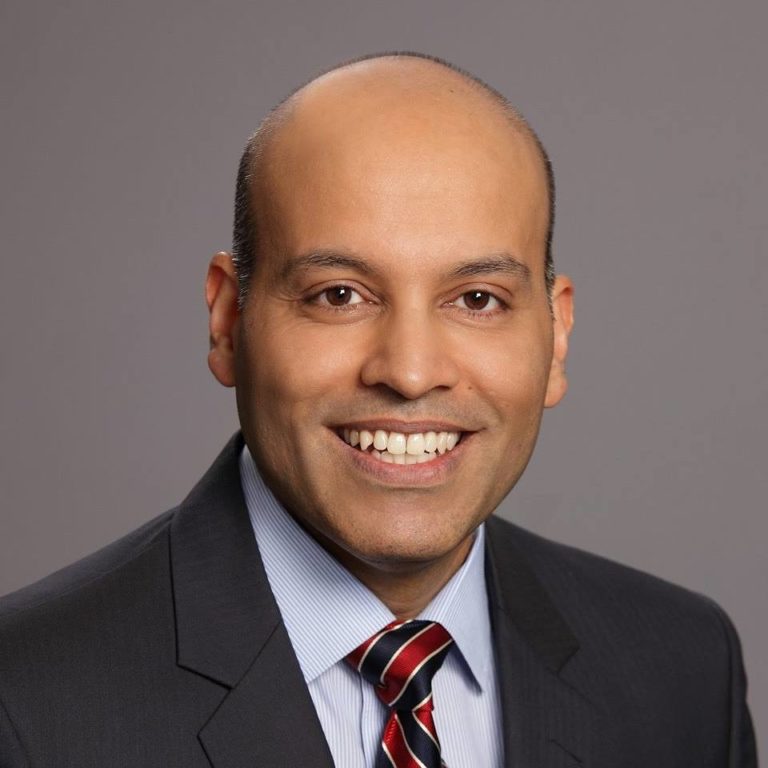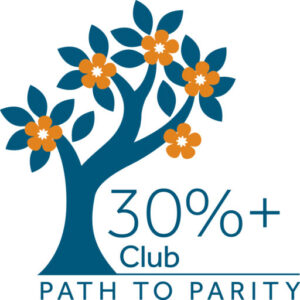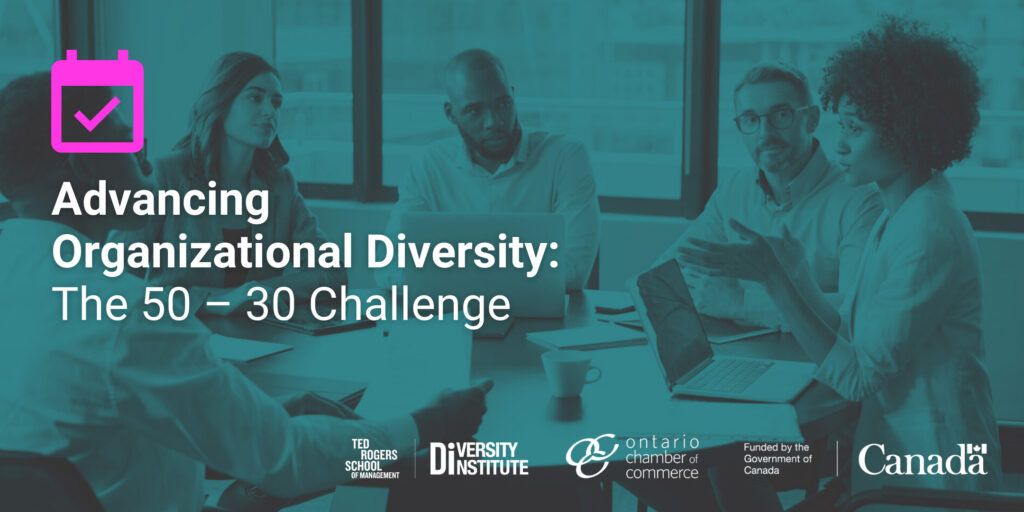
A diverse workforce helps organizations tap into new markets, attract the best and the brightest talent and drive innovation and performance. Many of Canada’s entrepreneurs and businesses understand this and are striving to increase diversity within their organizations, but need help to do so.
The Diversity Institute (DI) and the Ontario Chamber of Commerce recently hosted a presentation and panel discussion for entrepreneurs and small- and medium-sized enterprises to learn more about the no-cost and easy to use tools and initiatives that can help them implement equity, diversity and inclusion practices within their workplaces.
Wendy Cukier, founder of the DI and the Women Entrepreneurship Knowledge Hub (WEKH), and Academic Research Lead for the Future Skills Centre, explained The 50 – 30 Challenge, a voluntary initiative that calls Canadian organizations to strive for gender parity (50%) and significant representation (30%) of individuals from equity-deserving groups on Canadian boards and/or in senior management. Equity deserving groups for the purposes of the Challenge include Indigenous peoples, racialized, Black and people of colour, persons with disabilities and those in the 2SLBTQ+ community. The 50-30 Challenge is grounded in the evidence that better representation can drive organizational performance including access to talent, access to markets and innovation. Along with Colleges and Institutes Canada, Global Compact Network Canada, Women’s Economic Council and Egale, the DIversity Institute is working to promote the 50-30 Challenge and support organizations, particularly SMEs, in improving representation in leadership.
“We need to move from good intentions to action. While representation in leadership is not the only thing that matters, it signals who belongs and can help an organization better respond to the changing world. it,” Cukier stated. “We have definitely made progress but it’s glacial. This year there were only four women among the 100 top paid CEOs in Canada. And DI research found that white women outnumber racialized women 12:1 on corporate boards in Toronto, where the population is evenly divided. Of 1,600 corporate board members across Canada, there were 9 Black men and 4 Black women. Improving representation in leadership requires action at many levels.”
Signatories of The 50 – 30 Challenge gain access to a variety of tools and expert guidance to reach these goals. KPMG has recently developed the What Works Toolkit which will be hosted by the Diversity Institute. The toolkit is an online suite of resources and best practices designed to help organizations meet their diversity and inclusion goals. To-date, more than 1,650 organizations have signed onto the Challenge, and publicly committed to increasing the representation and inclusion of diverse groups within their workplaces.
The Diversity Institute is providing a range of training programs, including the Diversity Assessment Tool, best practices and access to specialized tools such as the Micropedia as well as a database of well-qualified women and diverse leaders. Along with the Ontario Chamber of Commerce and Chambers across Canada, DI is building out supports tailored to the needs of SMEs.
Expert Panelists Share Their Tips to Meet the Challenge
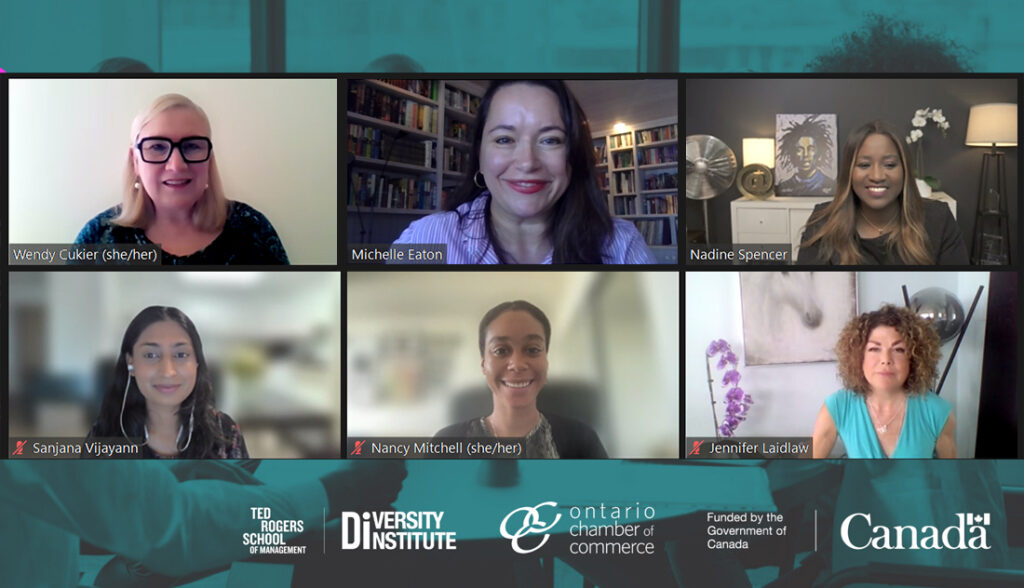
A panel provided concrete ways organizations in Canada can rise to meet the Challenge.
Sanjana Vijayan, Manager of Diversity & Inclusion at the Winnipeg Chamber of Commerce, suggested that small actions can make a big impact. She recognizes that many organizations, particularly SMEs do not have the time or expertise to tackle everything at once. While developing an EDI strategy can be daunting, Vijayan explained that something as simple as learning about and recognizing important observances for different groups can signal to staff that they are recognized and valued and this in turn can promote an inclusive environment where all feel comfortable bringing their full selves to work. Adding language in job advertisements to signal diverse people are welcome to apply can also produce quick results.
Jennifer Laidlaw, Country Head of the 30% Club Canada, agreed noting that organizations that struggle with diversity in the workplace do not need to wait to get started with inclusion. The 30% club, which includes Canada’s largest corporations, was committed to ensuring women represent 30% of Board members. The data show that the voluntary code has produced concrete results—members have substantially more representation of women on boards than organizations traded on the TSX. Many now realize focusing on gender is not enough. An intersectional lens is needed to address other dimensions of diversity.
Nancy Mitchell, Program Manager at the Diversity Institute and has formerly worked with UNWomen, brought a perspective on global best practices. She explained some ways that organizations can advance diversity and inclusion through the hiring process, for example, rethinking job definitions and qualifications, providing bias-free and accessible job postings written in plain language and offering accessibility supports throughout the hiring process. Organizations can also reach a greater pool of applicants by taking advantage of a range of recruitment channels, Mitchell said. But EDI is more than HR practices, Mitchell stressed. It needs to be embedded in corporate strategy, through the entire value chain, whether we are talking about procurement, inclusive design of products and services, or marketing and sales. Bringing an EDI perspective can improve access to markets, drive innovation and fuel the bottom line.
Critically examining the words and phrases we use every day is a necessary part of creating inclusive workplaces. Nadine Spencer, President & CEO of BBPA and Founder of BrandEQ, talked about the importance of providing support for people who may not feel they belong at the table who may not understand the “unspoken rules” or norms that are second nature to people with privilege. Like the other panelists, she stressed the importance of creating inclusive environments and introduced the Micropedia of Microaggressions—a free online tool leaders can use to learn more about microaggressions and their impact. For instance, using the term “guys” to refer to entire groups, or asking someone, “Where are you really from?,” can further marginalize women and non-binary people, and individuals from equity-deserving groups.
Panelists agreed that a commitment to continuous learning is a big part of the EDI journey. While these transformations do not happen overnight, it all starts with taking the first step.
Hear more from our expert speakers and panelists.
Learn More

Find out more about The 50 – 30 Challenge and how your organization can get involved.
Sign-up for the Diversity Institute newsletter and follow us on Twitter and LinkedIn for more guidance, resources and research.

